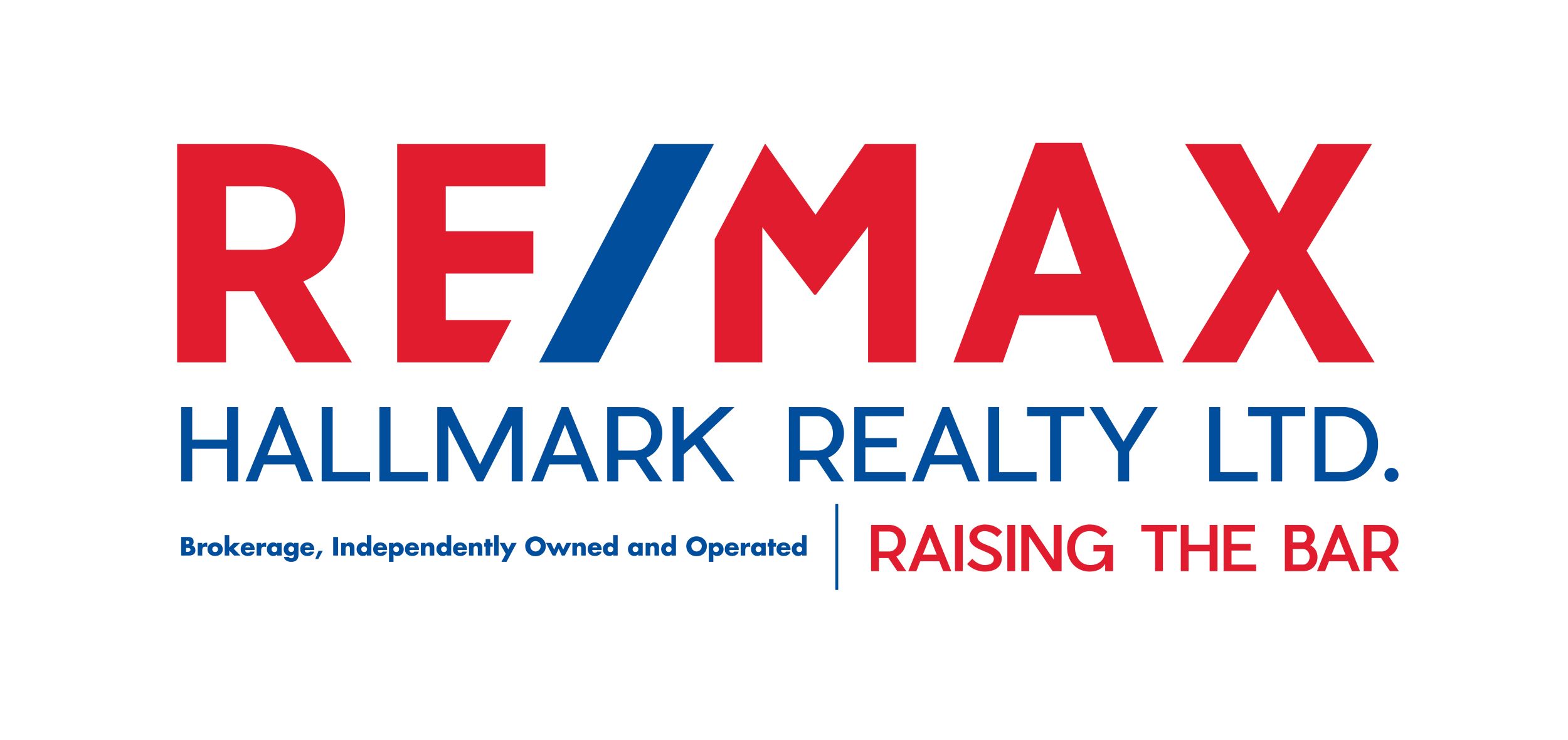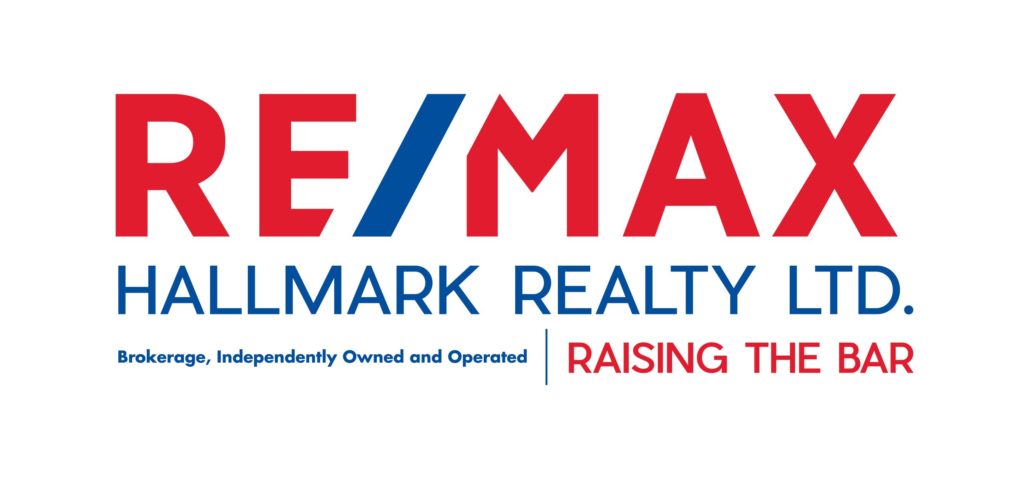The list price can make or break the interest level in a home, so research and experience count.
When you’re selling your home, there are a lot of factors that go into the list price you should set.
Like what?
- The condition of your home.
- The current market in your neighbourhood.
- The overall real estate market.
- How quickly you want / need your house to sell.
- Your willingness to negotiate.
The only things you, as the seller, can control are the condition of your home and the price, so both of these have to be tip top.
A good realtor will always do their market research to see what recent comparables have sold for in your neighbourhood, and they’ll give you a list price range that they think your home will sell in. Ultimately, you are the seller and the list price is your choice.
Pricing scenarios
Some sellers will price low, in the hopes of getting multiple offers, driving up the price. Of course, if the market in that area isn’t hot, the only thing you’ll get by doing that is a lower offer than what you were hoping for.
I’ve had clients who loved their home and property and set a grossly over inflated price, against my advice. I watched them stick to their price for months and, not surprisingly, their house sat on the market for a long time. They ultimately had to drop the price to generate interest.
Some sellers will price their house right in the sweet spot suggested and they’ll typically see offers and a quick sale.
You have to decide what your absolute minimum price is, look at other completed sales in the area and the overall flow of the market, as well as your own needs, such as quick sale to close the sale on a new home, for example, to make a solid decision.
The pitfalls of pricing your listing over market value
In addition to the possibility that your house will sit with no offers for a while, this lack of momentum has other side effects:
- Buyers will compare it to other properties in your area and if your property doesn’t have any strong justification for the higher price, they’ll pass you by without even bothering to make an offer.
- If it sits too long on the market, people will think there is something wrong with it and potentially not consider it.
- You will get low ball offers that are even lower than the sweet spot. A stale listing will often net a final price that is lower than the one you would have gotten if you had priced right in the first place.
- Keeping the property or the bridge financing to your new mortgage will cost you money: heat, hydro, insurance, mortgage fees, property taxes and so on… All of these expenses keep adding up while you’re sitting on your overpriced listing.
When a new listing comes out on the MLS, there is a wave of interest from people who are currently looking in the area. You want to ride the wave by pricing your listing in the sweet spot that makes your property competitive with others already on the market.
How do you know if you’ve overpriced your home?
If you are getting viewings but no offers, you’ve likely overpriced it. This is where feedback from buyer agents can be really useful. They’ll let you know what it is the potential buyers didn’t like: is it the condition of the home, or the price, or both? In other words, would they put up with an older furnace and roof if the price was lowered? Maybe.
Understanding your target market of buyers is important too. If your home is a tear down and you’re looking to sell to a builder, they’re going to want to get it for the lowest price possible. This is where a data driven decision based on comparables makes sense.
Pro tip: if you are interviewing multiple realtors, be wary of one who tells you to list significantly higher than the others. They could be ‘buying the listing’, which is to say they are enticing you to sign with them by suggesting that your house could sell for that price. Of course, when that doesn’t happen, they’ll change tack and suggest you drop the price. In the meantime, you’ve lost momentum and might even get less than what was suggested by other realtors.
When setting a list price, you need to make an educated decision to position your listing price in the ideal spot that will get you the price you want, possibly more, and take advantage of the momentum that comes with a new listing. For that, you need to work with a realtor who knows the market and can guide you through the process.



